CONCERTS
august
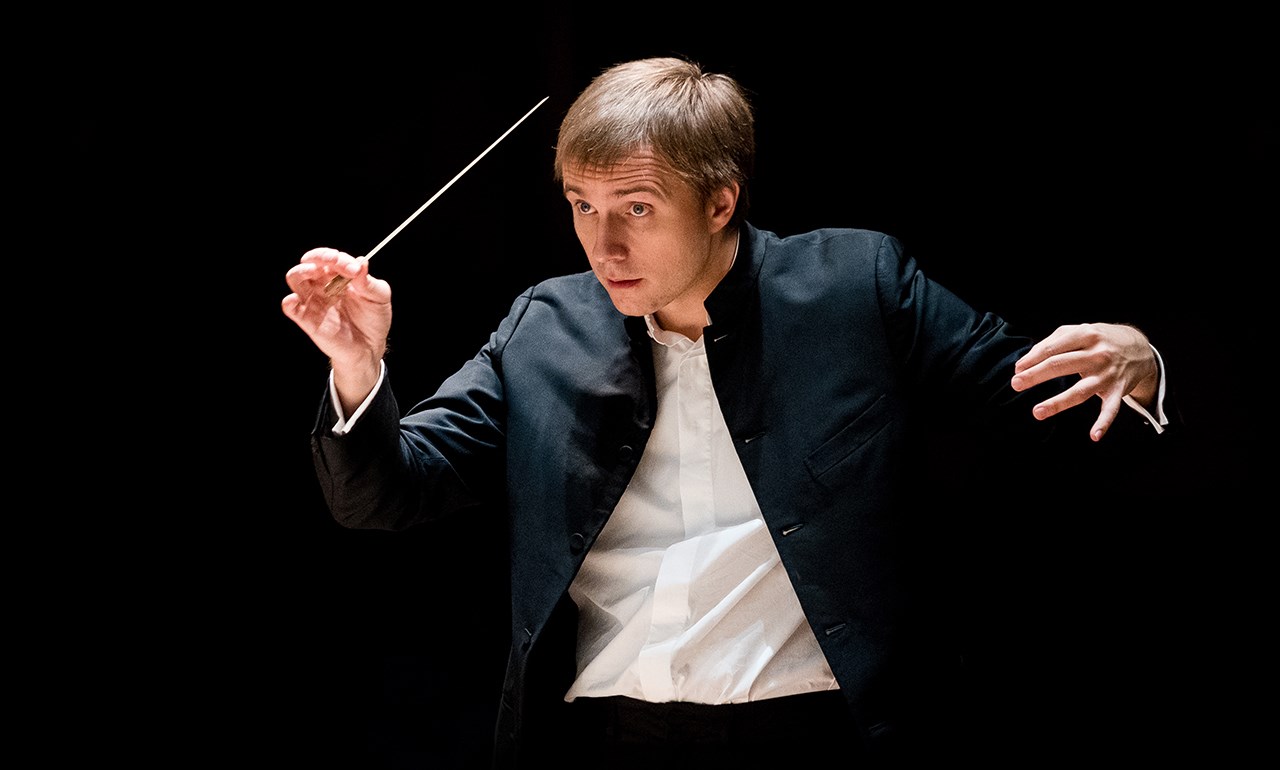
Event Details
Performing with, Denis Kozhukhin piano Philharmonia Chorus Royal Philharmonic Orchestra Programme Ives Three Places in New England Ravel Piano Concerto in G major Interval Debussy Nocturnes Tchaikovsky Francesca da Rimini
Event Details
Performing with,
Denis Kozhukhin piano
Philharmonia Chorus
Royal Philharmonic Orchestra
Programme
Ives Three Places in New England
Ravel Piano Concerto in G major
Interval
Debussy Nocturnes
Tchaikovsky Francesca da Rimini
Time
(Thursday) 18:30
Location
Royal Albert Hall
Kensington Gore, South Kensington, SW7 2AP
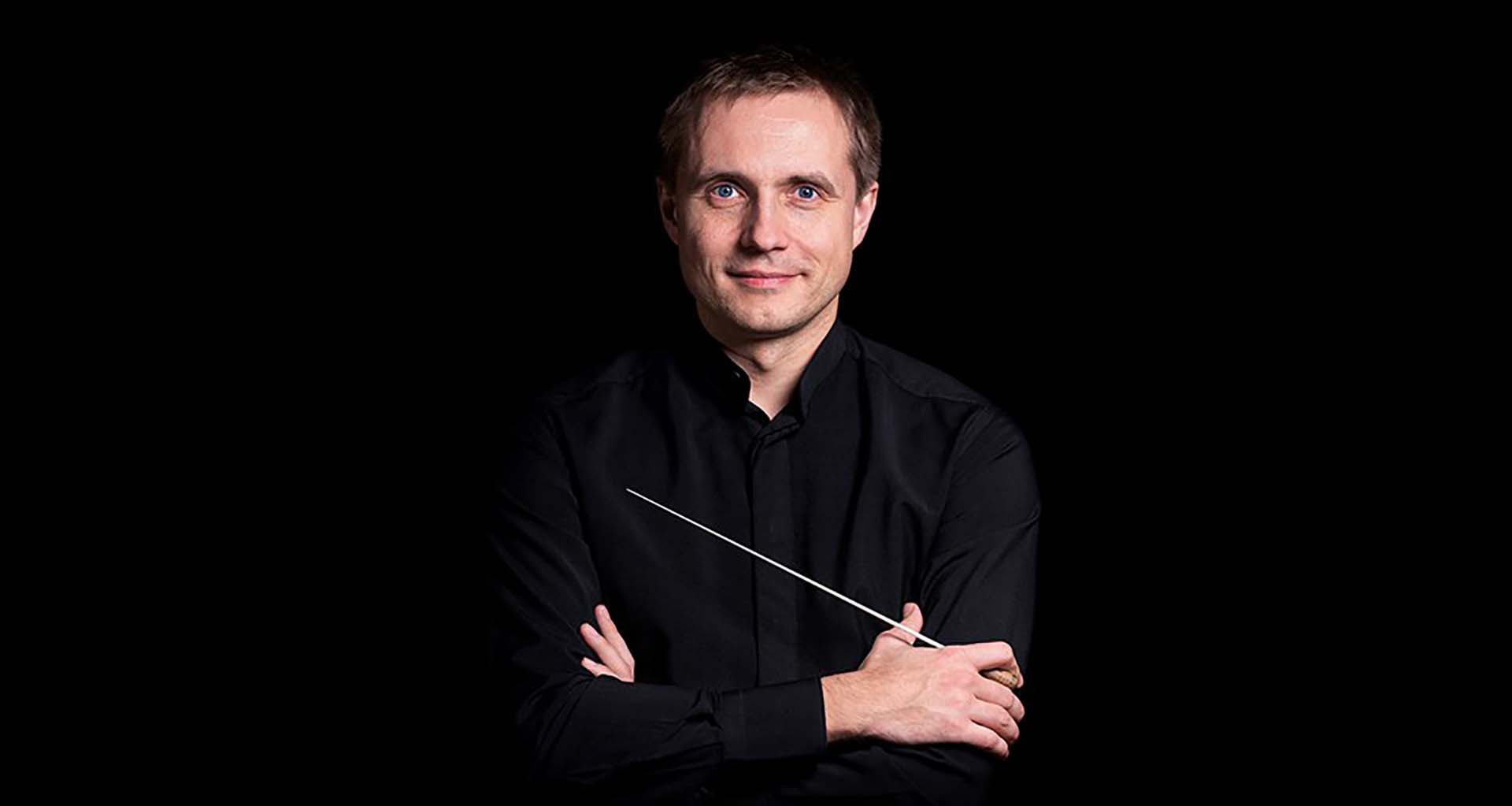
Event Details
Programme Erich Wolfgang Korngold Violin Concerto in D major Op 35 Nikolai Rimsky-Korsakov Sheherazade
Event Details
Programme
Erich Wolfgang Korngold Violin Concerto in D major Op 35
Nikolai Rimsky-Korsakov Sheherazade
Time
(Thursday) 18:30
Location
National Centre for the Performing Arts, Beijing
2 W Chang'an St, Xicheng District, China, 100031

Event Details
Programme Erich Wolfgang Korngold Violin Concerto in D major Op 35 Nikolai Rimsky-Korsakov Sheherazade
Event Details
Programme
Erich Wolfgang Korngold Violin Concerto in D major Op 35
Nikolai Rimsky-Korsakov Sheherazade
Time
(Friday) 18:30
Location
National Centre for the Performing Arts, Beijing
2 W Chang'an St, Xicheng District, China, 100031

Event Details
Programme Erich Wolfgang Korngold Violin Concerto in D major Op 35 Nikolai Rimsky-Korsakov Sheherazade
Event Details
Programme
Erich Wolfgang Korngold Violin Concerto in D major Op 35
Nikolai Rimsky-Korsakov Sheherazade
Time
(Saturday) 18:30
Location
Shanghai Poly Grand Theatre
159 Baiyin Road, Jiading District, Shanghai

Event Details
Programme Erich Wolfgang Korngold Violin Concerto in D major Op 35 Nikolai Rimsky-Korsakov Sheherazade
Event Details
Programme
Erich Wolfgang Korngold Violin Concerto in D major Op 35
Nikolai Rimsky-Korsakov Sheherazade
Time
(Sunday) 18:30
Location
Shanghai Poly Grand Theatre
159 Baiyin Road, Jiading District, Shanghai

Event Details
Programme Erich Wolfgang Korngold Violin Concerto in D major Op 35 Nikolai Rimsky-Korsakov Sheherazade
Event Details
Programme
Erich Wolfgang Korngold Violin Concerto in D major Op 35
Nikolai Rimsky-Korsakov Sheherazade
Time
(Tuesday) 18:30
Location
Qintai Concert Hall
H766+7V4, Zhiyin Blvd, Zhongjiacun, Hanyang District, Wuhan, Hubei, China, 430030

Event Details
Programme Erich Wolfgang Korngold Violin Concerto in D major Op 35 Nikolai Rimsky-Korsakov Sheherazade
Event Details
Programme
Erich Wolfgang Korngold Violin Concerto in D major Op 35
Nikolai Rimsky-Korsakov Sheherazade
Time
(Wednesday) 18:30
Location
Changsha Concert Hall
6XXM+5RR Jiangpan Road CN, Fulong Alley Kaifu District, Changsha, Changsha, Hunan, China, 410022

Event Details
Programme Erich Wolfgang Korngold Violin Concerto in D major Op 35 Nikolai Rimsky-Korsakov Sheherazade
Event Details
Programme
Erich Wolfgang Korngold Violin Concerto in D major Op 35
Nikolai Rimsky-Korsakov Sheherazade
Time
(Thursday) 18:30
Location
Shenzhen Poly Theater
Shenzhen Poly Theater, No. 3013, Houhaibin Road, Nanshan District, Shenzhen

Event Details
Programme Erich Wolfgang Korngold Violin Concerto in D major Op 35 Nikolai Rimsky-Korsakov Sheherazade
Event Details
Programme
Erich Wolfgang Korngold Violin Concerto in D major Op 35
Nikolai Rimsky-Korsakov Sheherazade
Time
(Sunday) 18:30
Location
Jiangsu Grand Theatre
2P87+2WW, Mengdu Ave, Jianye District, Nanjing, Jiangsu, China, 210019
september

Event Details
Programme Pyotr Tchaikovsky Piano Concerto No. 2 in G Major, Op. 44 Sergei Rachmaninoff Symphonic Dances, Op. 45
Event Details
Programme
Pyotr Tchaikovsky Piano Concerto No. 2 in G Major, Op. 44
Sergei Rachmaninoff Symphonic Dances, Op. 45
Time
(Friday) 19:00
Location
Tsinandali Estate
Tsinandali village Kakheti Region Telavi, Tsinandali 2217, Georgia
20sep20:00Hong Kong - Hong Kong Philharmonic - Ruo, Stravinsky20:00 Hong Kong Cultural Centre
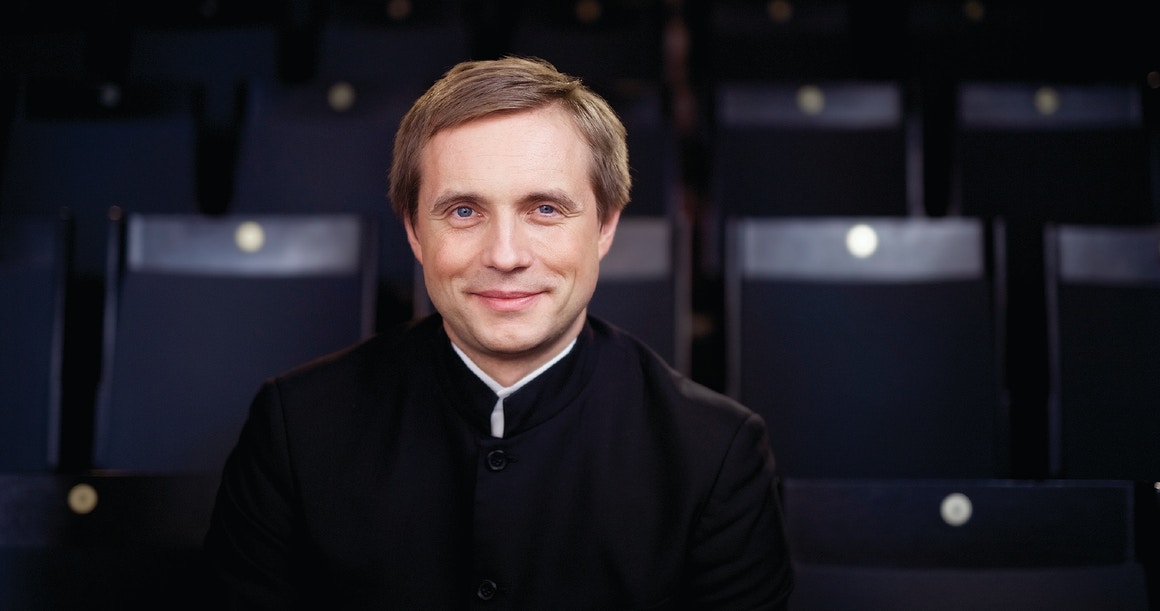
Event Details
Programme HUANG RUO Folk Songs for Orchestra HUANG RUO Shattered Steps ----- STRAVINSKY/BACH Chorale Variations on 'Vom Himmel hoch da komm' ich her' STRAVINSKY The Rite of Spring
Event Details
Programme
HUANG RUO Folk Songs for Orchestra
HUANG RUO Shattered Steps
—–
STRAVINSKY/BACH Chorale Variations on ‘Vom Himmel hoch da komm’ ich her’
STRAVINSKY The Rite of Spring
Time
(Friday) 20:00
Location
Hong Kong Cultural Centre
Hong Kong Cultural Centre, L5, Auditoria Building, 10 Salisbury Rd, Tsim Sha Tsui, Hong Kong
21sep20:00Hong Kong - Hong Kong Philharmonic - Ruo, Stravinsky20:00 Hong Kong Cultural Centre

Event Details
Programme HUANG RUO Folk Songs for Orchestra HUANG RUO Shattered Steps ----- STRAVINSKY/BACH Chorale Variations on 'Vom Himmel hoch da komm' ich her' STRAVINSKY The Rite of Spring
Event Details
Programme
HUANG RUO Folk Songs for Orchestra
HUANG RUO Shattered Steps
—–
STRAVINSKY/BACH Chorale Variations on ‘Vom Himmel hoch da komm’ ich her’
STRAVINSKY The Rite of Spring
Time
(Saturday) 20:00
Location
Hong Kong Cultural Centre
Hong Kong Cultural Centre, L5, Auditoria Building, 10 Salisbury Rd, Tsim Sha Tsui, Hong Kong
27sep20:00Hong Kong - Hong Kong Philharmonic - Grieg, Bruckner20:00 Hong Kong Cultural Centre

Event Details
Programme Edvard Grieg Piano Concerto in A minor, Op. 16 Anton Bruckner Symphony No. 7 in E Major, WAB 107
Event Details
Programme
Edvard Grieg Piano Concerto in A minor, Op. 16
Anton Bruckner Symphony No. 7 in E Major, WAB 107
Time
(Friday) 20:00
Location
Hong Kong Cultural Centre
Hong Kong Cultural Centre, L5, Auditoria Building, 10 Salisbury Rd, Tsim Sha Tsui, Hong Kong
28sep17:00Hong Kong - Hong Kong Philharmonic - Grieg, Bruckner17:00 Hong Kong Cultural Centre

Event Details
Programme Edvard Grieg Piano Concerto in A minor, Op. 16 Anton Bruckner Symphony No. 7 in E Major, WAB 107
Event Details
Programme
Edvard Grieg Piano Concerto in A minor, Op. 16
Anton Bruckner Symphony No. 7 in E Major, WAB 107
Time
(Saturday) 17:00
Location
Hong Kong Cultural Centre
Hong Kong Cultural Centre, L5, Auditoria Building, 10 Salisbury Rd, Tsim Sha Tsui, Hong Kong
october

Event Details
Programme Nikolaj Mjaskovskij Sinfonietta Op. 68 Benjamin Britten Four Sea Interludes Claude Debussy La Mer
Event Details
Programme
Nikolaj Mjaskovskij Sinfonietta Op. 68
Benjamin Britten Four Sea Interludes
Claude Debussy La Mer
Time
(Thursday) 19:00
Location
Oslo Concert Hall

Event Details
Performing with, Yunchan Lim piano Programme A. Dvořák Carnival Overture op. 92 F. Chopin Piano Concerto No. 2 in F minor op. 21 *** B. Bartók Concerto for Orchestra
Event Details
Performing with,
Yunchan Lim piano
Programme
A. Dvořák Carnival Overture op. 92
F. Chopin Piano Concerto No. 2 in F minor op. 21
***
B. Bartók Concerto for Orchestra
Time
(Thursday) 19:00
Location
Narodowe Forum Muzyki
plac Wolności 1, 50-071 Wrocław, Poland
11oct19:30Budapest, Hungary - Royal Philharmonic Orchestra - Liszt, Prokofiev19:30 Müpa Budapest

Event Details
Programme Liszt Danse Macabre Liszt Hungarian Fantasia Prokofiev Symphony No. 5 in B flat major
Event Details
Programme
Liszt Danse Macabre
Liszt Hungarian Fantasia
Prokofiev Symphony No. 5 in B flat major
Time
(Friday) 19:30
Location
Müpa Budapest
Budapest, Komor Marcell u. 1, 1095 Hungary
12oct19:30Belgrade, Serbia - Royal Philharmonic Orchestra - Liszt, Prokofiev19:30 Sava Center

Event Details
Programme Liszt Danse Macabre Liszt Hungarian Fantasia Prokofiev Symphony No. 5 in B flat major
Event Details
Programme
Liszt Danse Macabre
Liszt Hungarian Fantasia
Prokofiev Symphony No. 5 in B flat major
Time
(Saturday) 19:30
Location
Sava Center
Milentija Popovića 9, Beograd 11070, Serbia
13oct20:30Athens, Greece - Royal Philharmonic Orchestra - Liszt, Prokofiev20:30 Megaron Athens

Event Details
Programme Liszt Danse Macabre Liszt Hungarian Fantasia Prokofiev Symphony No. 5 in B flat major
Event Details
Programme
Liszt Danse Macabre
Liszt Hungarian Fantasia
Prokofiev Symphony No. 5 in B flat major
Time
(Sunday) 20:30
Location
Megaron Athens
Leoforos Vasilissis Sofias and, Kokkali 1, Athina 115 21, Greece
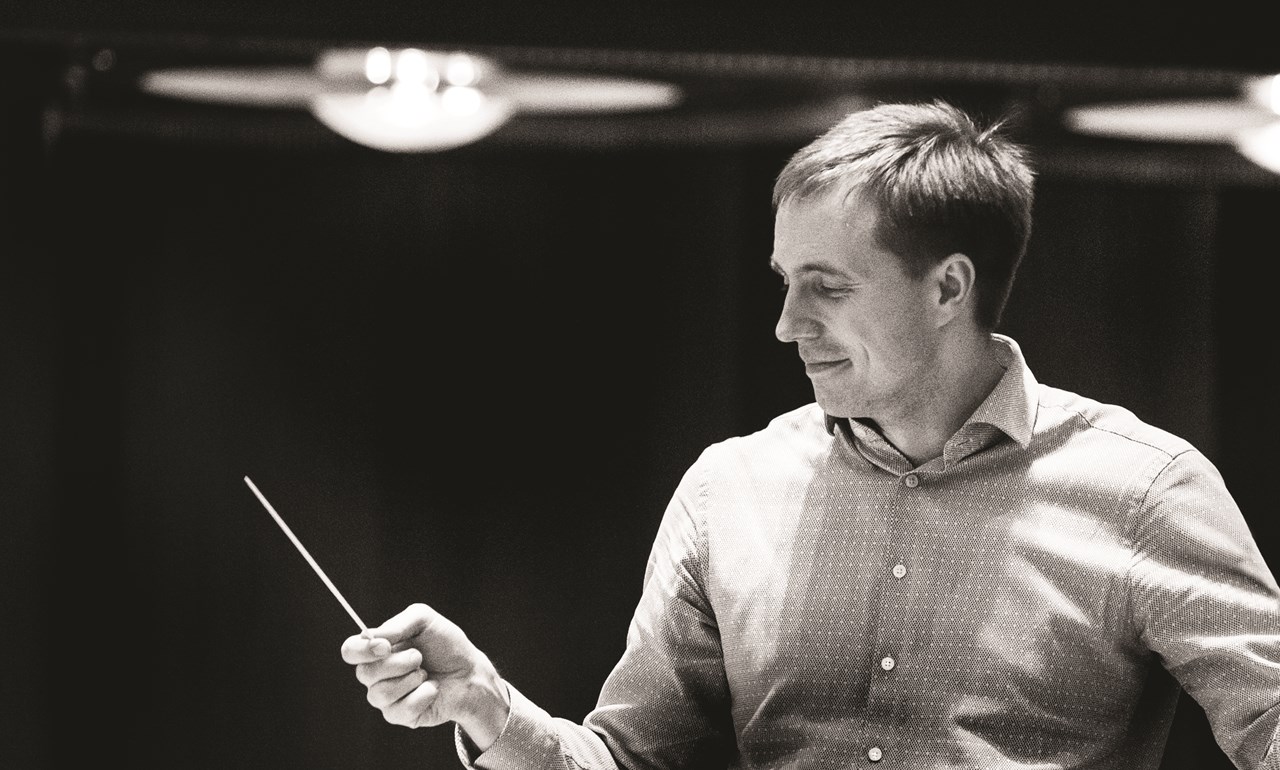
Event Details
Programme Jennifer Higdon blue cathedral Ludwig van Beethoven Piano Concerto no. 5 in E-flat major, op. 73, ‘‘Emperor’’ Jean Sibelius Symphony no. 5 in E-flat major, op. 82
Event Details
Programme
Jennifer Higdon blue cathedral
Ludwig van Beethoven Piano Concerto no. 5 in E-flat major, op. 73, ‘‘Emperor’’
Jean Sibelius Symphony no. 5 in E-flat major, op. 82
Time
(Wednesday) 19:30
Location
La Maison Symphonique, Montreal
1600 Rue Saint-Urbain, Montréal, QC H2X 0S1, Canada

Event Details
Programme Jennifer Higdon blue cathedral Ludwig van Beethoven Piano Concerto no. 5 in E-flat major, op. 73, ‘‘Emperor’’ Jean Sibelius Symphony no. 5 in E-flat major, op. 82
Event Details
Programme
Jennifer Higdon blue cathedral
Ludwig van Beethoven Piano Concerto no. 5 in E-flat major, op. 73, ‘‘Emperor’’
Jean Sibelius Symphony no. 5 in E-flat major, op. 82
Time
(Thursday) 19:30
Location
La Maison Symphonique, Montreal
1600 Rue Saint-Urbain, Montréal, QC H2X 0S1, Canada
november

Event Details
Programme Lera Auerbach Icarus (New Zealand Premiere) Rachmaninov Rhapsody on a Theme of Paganini Bartók Concerto for Orchestra
Event Details
Programme
Lera Auerbach Icarus (New Zealand Premiere)
Rachmaninov Rhapsody on a Theme of Paganini
Bartók Concerto for Orchestra
Time
(Friday) 18:30
Location
Michael Fowler Centre
111 Wakefield Street, Te Aro, Wellington 6011, New Zealand

Event Details
Programme Lera Auerbach Icarus (New Zealand Premiere) Rachmaninov Rhapsody on a Theme of Paganini Bartók Concerto for Orchestra
Event Details
Programme
Lera Auerbach Icarus (New Zealand Premiere)
Rachmaninov Rhapsody on a Theme of Paganini
Bartók Concerto for Orchestra
Time
(Saturday) 19:30
Location
Auckland Town Hall
301/317 Queen Street, Auckland CBD, Auckland 1010, New Zealand
22nov19:30Perth, Australia - West Australian Symphony Orchestra - Brahms19:30 Perth Concert Hall

Event Details
Programme Brahms Violin Concerto Brahms Symphony No.2
Event Details
Programme
Brahms Violin Concerto
Brahms Symphony No.2
Time
(Friday) 19:30
Location
Perth Concert Hall
5 St Georges Terrace, Perth WA 6000, Australia
23nov19:30Perth, Australia - West Australian Symphony Orchestra - Brahms19:30 Perth Concert Hall

Event Details
Programme Brahms Violin Concerto Brahms Symphony No.2
Event Details
Programme
Brahms Violin Concerto
Brahms Symphony No.2
Time
(Saturday) 19:30
Location
Perth Concert Hall
5 St Georges Terrace, Perth WA 6000, Australia
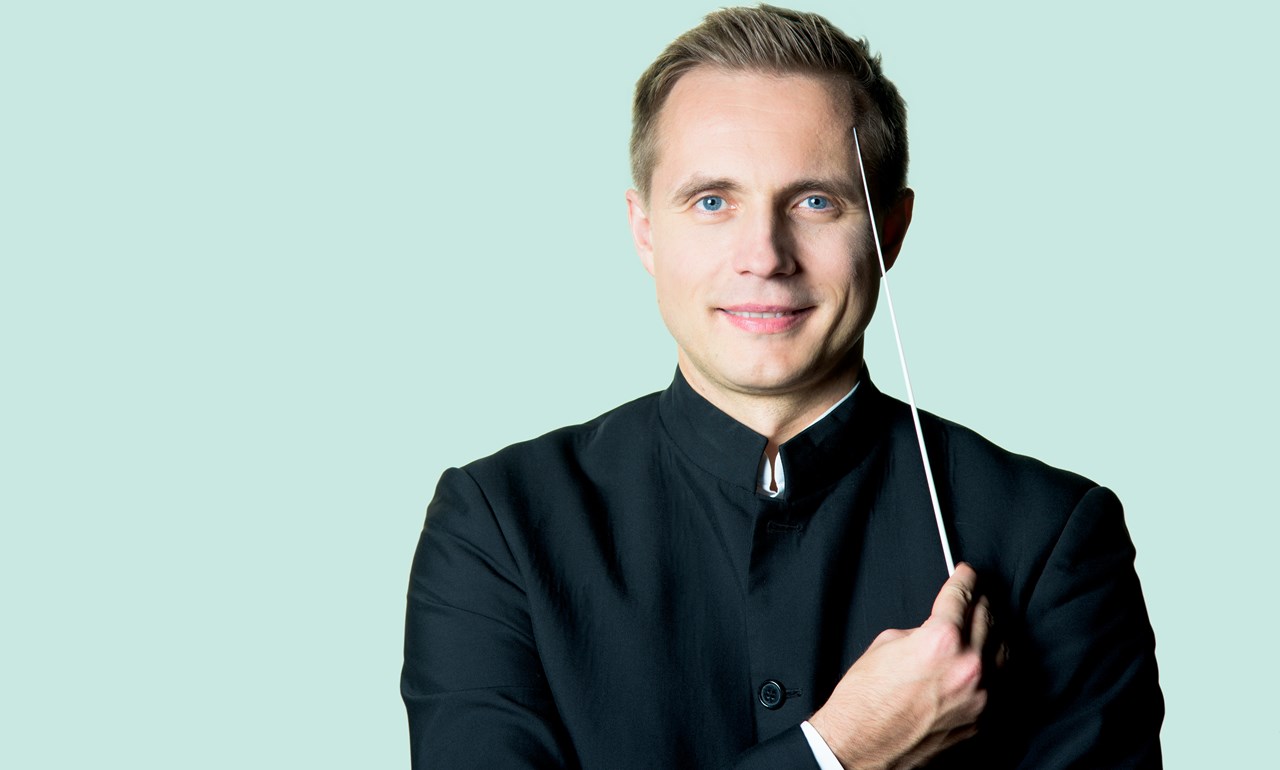
Event Details
Programme ELIZABETH YOUNAN: Nineteen Seventy-Three 50 Fanfares Commission SAINT-SAËNS: Cello Concerto No.1 STRAVINSKY: The Rite of Spring
Event Details
Programme
ELIZABETH YOUNAN: Nineteen Seventy-Three
50 Fanfares Commission
SAINT-SAËNS: Cello Concerto No.1
STRAVINSKY: The Rite of Spring
Time
(Wednesday) 20:00
Location
Sydney Opera House
Bennelong Point, Sydney NSW 2000, Australia

Event Details
Programme ELIZABETH YOUNAN: Nineteen Seventy-Three 50 Fanfares Commission SAINT-SAËNS: Cello Concerto No.1 STRAVINSKY: The Rite of Spring
Event Details
Programme
ELIZABETH YOUNAN: Nineteen Seventy-Three
50 Fanfares Commission
SAINT-SAËNS: Cello Concerto No.1
STRAVINSKY: The Rite of Spring
Time
(Thursday) 13:30
Location
Sydney Opera House
Bennelong Point, Sydney NSW 2000, Australia

Event Details
Programme ELIZABETH YOUNAN: Nineteen Seventy-Three 50 Fanfares Commission SAINT-SAËNS: Cello Concerto No.1 STRAVINSKY: The Rite of Spring
Event Details
Programme
ELIZABETH YOUNAN: Nineteen Seventy-Three
50 Fanfares Commission
SAINT-SAËNS: Cello Concerto No.1
STRAVINSKY: The Rite of Spring
Time
(Friday) 20:00
Location
Sydney Opera House
Bennelong Point, Sydney NSW 2000, Australia

Event Details
Programme ELIZABETH YOUNAN: Nineteen Seventy-Three 50 Fanfares Commission SAINT-SAËNS: Cello Concerto No.1 STRAVINSKY: The Rite of Spring
Event Details
Programme
ELIZABETH YOUNAN: Nineteen Seventy-Three
50 Fanfares Commission
SAINT-SAËNS: Cello Concerto No.1
STRAVINSKY: The Rite of Spring
Time
(Saturday) 20:00
Location
Sydney Opera House
Bennelong Point, Sydney NSW 2000, Australia
december
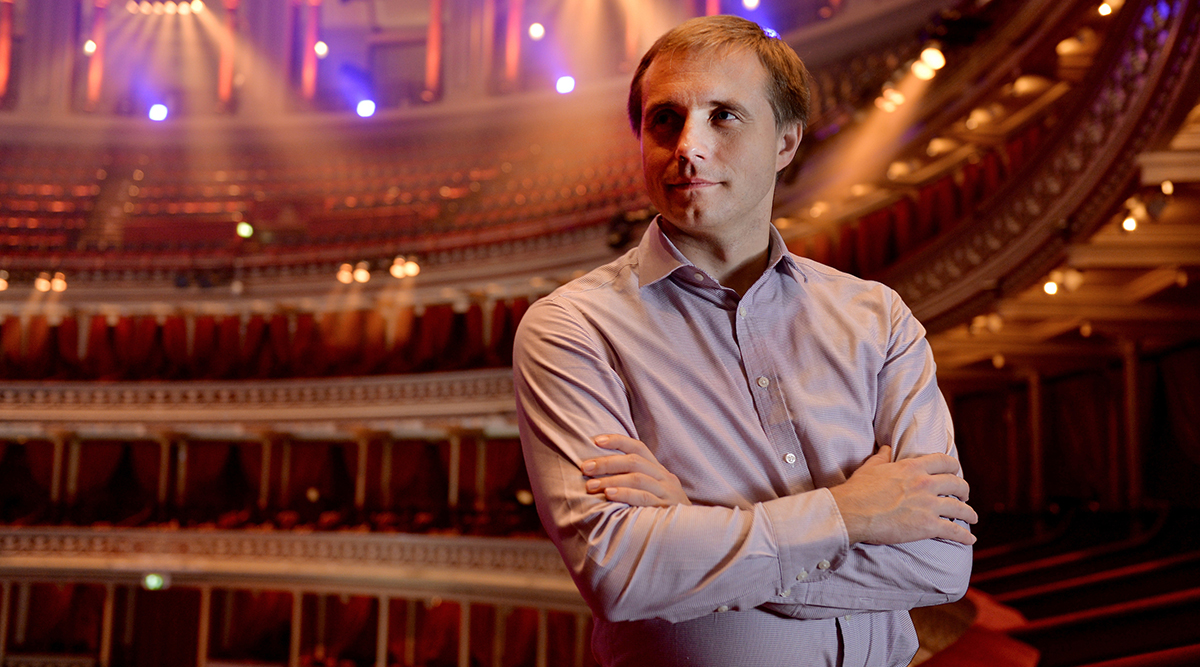
Event Details
Programme Tchaikovsky Serenade for Strings in C major, Op. 48 De Falla Nights in the Gardens of Spain* Beethoven Symphony No. 7 in A major, Op. 92
Event Details
Programme
Tchaikovsky Serenade for Strings in C major, Op. 48
De Falla Nights in the Gardens of Spain*
Beethoven Symphony No. 7 in A major, Op. 92
Time
(Thursday) 19:30
Location
Victoria Concert Hall
9 Empress Pl, Singapore 179556

Event Details
Programme Tchaikovsky Serenade for Strings in C major, Op. 48 De Falla Nights in the Gardens of Spain* Beethoven Symphony No. 7 in A major, Op. 92
Event Details
Programme
Tchaikovsky Serenade for Strings in C major, Op. 48
De Falla Nights in the Gardens of Spain*
Beethoven Symphony No. 7 in A major, Op. 92
Time
(Friday) 19:30
Location
Victoria Concert Hall
9 Empress Pl, Singapore 179556
